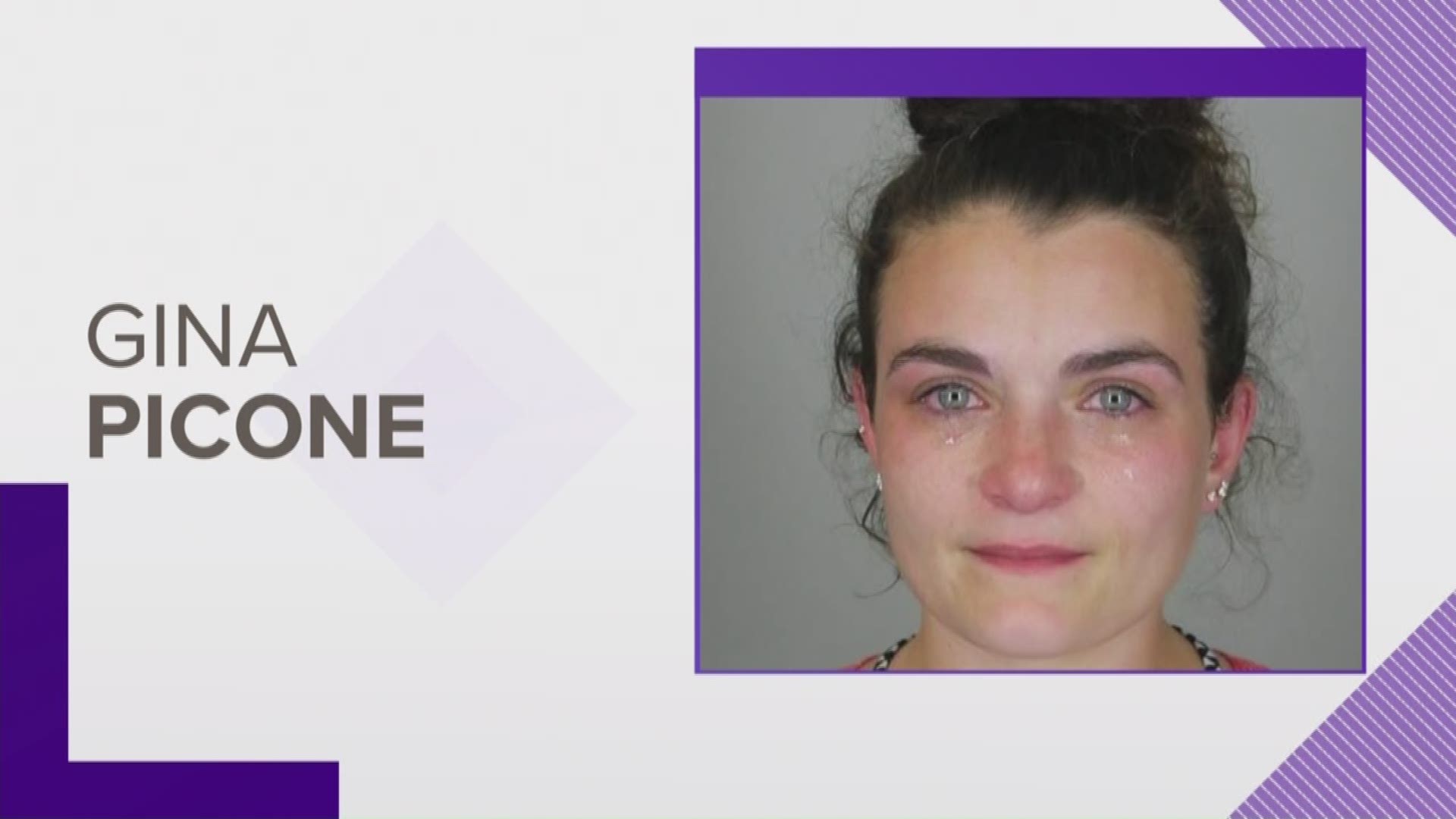BUFFALO, NY - A city of Tonawanda woman is the latest local driver to be charged under Leandra's Law, enacted by New York State almost nine years ago to crack down on drunk drivers who have children in their vehicle.
Police claim Gina Picone admitted to having 5 drinks, before she got behind the wheel with a three-month-old child in the car.
Leandra’s Law is named in memory of 11-year-old Leandra Rosado, who was killed when a vehicle she and seven other children were riding in crashed in New York City. The driver of the vehicle, the mother of a friend of Leandra’s, was charged with manslaughter.
To be charged under Leandra’s Law, the driver of a vehicle must not only be drunk, but also carrying a passenger in their vehicle who is less than 16 years of age.
Erie County District Attorney John Flynn also noted that defendants automatically face a felony charge.
“Previously, to get a felony DWI charge, you had to have a prior misdemeanor DWI conviction within the past ten years," Flynn told 2 On Your Side.
The penalties for those convicted under Leandra’s Law are potentially severe, even for a first time offender, who can face up to 4 years in state prison (if the child is unharmed), up to 15 years if the child is injured, and up to 25 years if the child is killed.
“It’s because a child is involved and that’s what makes it a higher level crime,” said Flynn, noting that a person under the age of 16 – as opposed to an adult - might not be in a position to refuse to get in a car.
“That’s who this law is designed to protect,” Flynn said.
Buffalo based attorney Michael Taheri, who has represented several drivers charged under Leandra's law, says they are tough cases to defend.
“Driving under the influence with a child in a car is something that judges and juries tend to find extremely offensive," Taheri said.
However, according to statistics kept by the New York State Division of Criminal Justice Services, while the number of arrests under Leandra’s Law continue to climb, the percentage of defendants who end up being convicted of felony charges statewide has steadily fallen since 2011 (the first full year of court cases) from 70% to 52% in 2016.
“Frankly, I think part of that may be due to more people refusing to submit to chemical tests,” Taheri said. “If they don’t have an alcohol level established by a blood or breath test, it makes the prosecution’s case much more difficult, and put the prosecution into a position where to gain a conviction, they may to offer a plea to a misdemeanor instead."
“You do still have to prove the underlying DWI offense," conceded Flynn, adding that a number of pitfalls may rise along the way, including but not limited to court challenges over the legality of the traffic stop or the process used to obtain evidence such as a breath test or a blood draw.
As well, compared to the thousands who have faced charges under Leandra’s Law, relatively few –absent of any serious injury or death surrounding their case- have actually ended up spending years in prison.
Still, Flynn believes Leandra’s Law is serving its purpose in acting as a deterrent.
“I think that individuals know of this law, and that it involves more serious charges, and I do think more people think twice now about having a kid in the car after they’ve been drinking. I really do," Flynn said.

